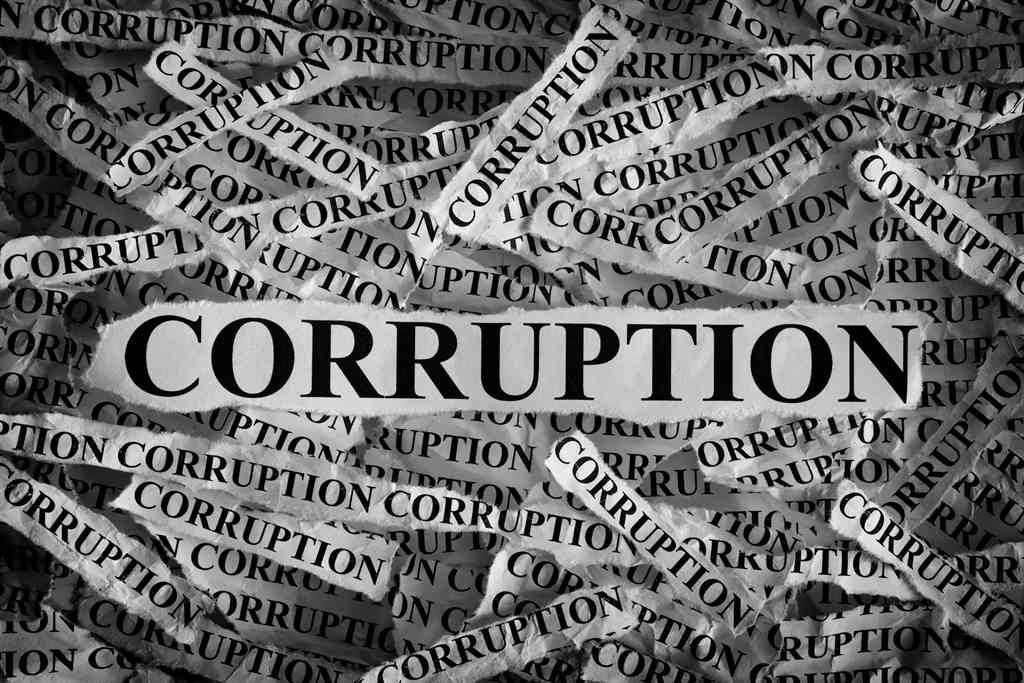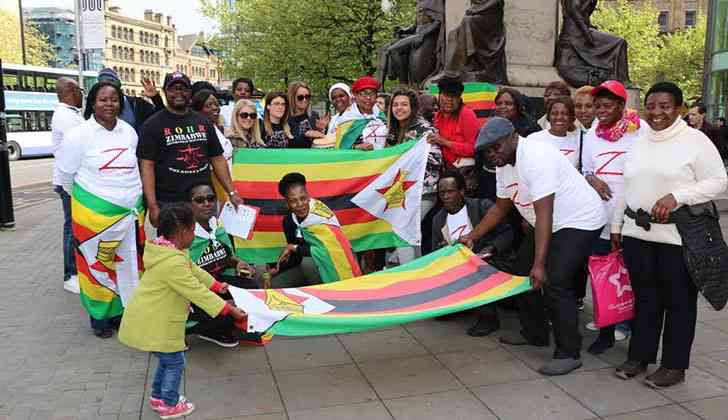
ZIMBABWEANS have been engulfed in a seemingly unending debate as to what is the real source of their two-and-a-half-decade suffering.
There have been two dominant narratives.
Unsurprisingly, the Zanu PF government has never admitted or acknowledged that the poverty faced by millions of ordinary citizens is due to faults on their part.
They have disingenuously sought to blame everything that has gone wrong in the country on sanctions supposedly “imposed on Zimbabwe”.
Of course, anyone who has a functional brain knows that this is a big lie.
The travel and financial restrictions were imposed by predominantly Western nations on a few individuals and entities fingered in acts of corruption, human rights abuses and electoral fraud.
Whether that is the real reason for the imposition of the targeted sanctions or not is not the issue here.
Indeed, I have made it unambiguously clear over the years that I honestly do not, for a minute, believe that this is the real reason.
- Mavhunga puts DeMbare into Chibuku quarterfinals
- Bulls to charge into Zimbabwe gold stocks
- Ndiraya concerned as goals dry up
- Letters: How solar power is transforming African farms
Keep Reading
The West has never cared about our rights as Zimbabweans — from brutal colonisation to turning a blind eye to the massacre of thousands of unarmed civilians in post-independence Zimbabwe in the 1980s.
Only when the Robert Gabriel Mugabe regime — whom they had no problems with when he committed genocide against ordinary citizens — grabbed land from white farmers did these Western nations raise alarm over human rights abuses.
That is when Mugabe and his cronies — who had previously been darlings of the West — needed to be punished and even pushed out of power.
Where was the West in the 1980s during Gukurahundi?
Be that as it may, that is not the gist of my discourse.
The fact of the matter is that there is no way travel and financial restrictions on a few individuals and entities could have brought our country to its knees.
I will not go into the details of the sanctions in this particular article, on account of already having written quite extensively on this topic in the past.
Nonetheless, there is one glaring aspect of the Zimbabwean economy, which proves that we have enough wealth in the country.
The only problem is that this wealth is not shared equitably among the citizenry, but is being enjoyed only by a handful.
If these “sanctions”, imposed by the West had, indeed, authored the poverty being endured by millions of ordinary Zimbabweans, then where would the Zimbabwe Electoral Commission (Zec) find US$1,2 million to pay for a server worth US$4 000?
Had “sanctions” caused the extreme poverty faced by at least 49% of the population — who earn less than US$2,57 a day as said by the United Nations — would the same Zec have afforded the US$100 million it dished out to tenderpreneur and socialite Wicknell Chivayo and his partners for electoral material whose cost was inflated by over 235%?
Zec could even pay US$7,6 million for non-flushable toilets — whose cost was inflated to US$3 800 a unit instead of US$300 — which were only delivered months after the August 2023 elections?
Where did the government find the US$7 million (of a US$90 million tender) doled out to Mike Chimombe and Moses Mpofu for goats that were never delivered?
What about the US$5 million given to Chivayo — a convicted criminal and close associate of President Emmerson Mnangagwa — by Zesa Holdings for a 100 megawatt solar plant in Gwanda way back in 2015, which lie undeveloped?
We can even go past Chivayo and his partners
According to Prosecutor-General Justice Loice Matanda-Moyo, Zimbabwe is losing over US$1,8 billion annually to corruption alone.
This is suspected to be a very conservative figure as the amount is thought to be over US$2 billion.
Nevertheless, never mind the accurate figure, Zimbabwe cannot afford to lose so much money to self-serving individuals whose avarice has left millions of ordinary citizens in abject poverty.
Is it any wonder Zimbabwe is scored 149 out of 180 countries on the Transparency International Corruption Perception Index for 2023, thereby classified as “highly corrupt”?
Imagine what US$1,8 billion could do for the livelihoods and welfare of ordinary Zimbabweans.
One radiotherapy cancer machine costs only US$1,5 million.
How many of these life-saving machines could we have bought with the US$7,6 million used by Zec for non-flushable toilets — in a country where 2 500 people die from cancer each year?
Recently, we saw, in utter shock, patients at a hospital in Mashonaland East province lie on beds without mattresses.
Surely, how much does a mattress cost — considering that the government has no qualms at all spending US$1,2 million on a server that actually costs US$4 000?
As the nation grapples with an El Niño-induced drought, with an estimated seven million Zimbabweans in dire need of food aid, the government is begging the international community for over US$2 billion.
Is this not the same amount the country is losing to corruption in a single year?
If the Mnangagwa administration had genuinely cracked the whip on corruption, particularly in the highest echelons of power, no one in Zimbabwe would be hungry.
In fact, endowed with 60 minerals sought after throughout the world, the country should be more economically advanced than the United Arab Emirates, which only has petroleum and gas as its natural resources.
Yet we have some of the poorest people on the planet!
How can that be attributable to targeted sanctions — no matter how much we may want to be economic with the truth?
Are we not freely trading in our gold, diamonds, platinum, lithium, black granite, chrome and coal, among numerous other minerals?
As a matter of fact, based on statistics provided by Farai Maguwu of the Centre for National Resource Governance, Zimbabwe has the potential to earn over US$15 billion a year from its resources annually.
The main reason this is not being achieved is corruption through the smuggling of our minerals and other illicit financial transactions with the involvement of high-ranking officials.
Who can forget the Gold Mafia investigative documentary by Al Jazeera?
So, before we blindly believe this “sanctions imposed on Zimbabwe are causing our suffering” yarn, we need to understand the realities on the ground.
Our unbearable suffering is not at the hands of the so-called “detractors” — who are bent on “regime change”.
The authors of our unimaginable misery are right here in Zimbabwe and are domiciled in the corridors of power.
Tendai Ruben Mbofana is a social justice advocate and writer. Please feel free to WhatsApp or Call: +263715667700 or email: [email protected], or visit website: https://mbofanatendairuben.news.blog/. He writes here in his personal capacity.










